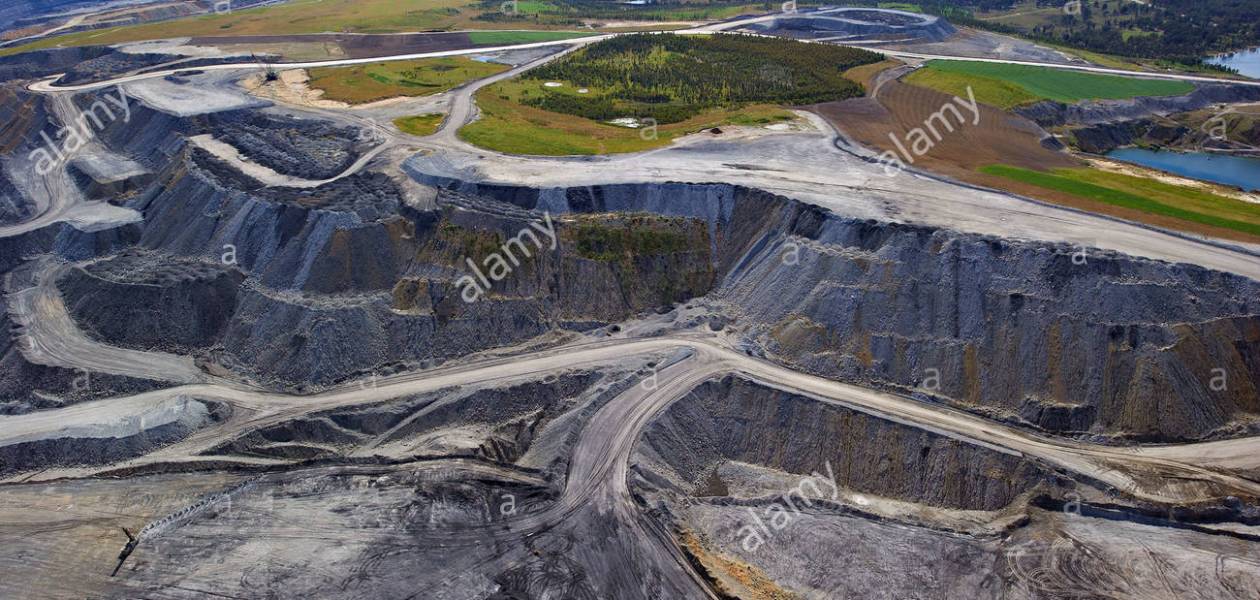
Top UN climate official urged Australia to have a "more honest and rational analysis" on the urgent move away from coal power, which he says is in the best interests of the nation and the world.
Selwin Hart, UN Assistant Secretary-General and Special Advisor to the Secretary-General on Climate Action, said rich countries must stop using coal power by 2030 and the rest of the world must follow suit by 2040. This is the only condition if the world is to keep global warming below the agreed target of 1.5 degrees Celsius.
“Market forces alone show that the days of coal are numbered, as many investors are increasingly abandoning it in favor of renewables, which are now cheaper in most places,” Mr. Hart in a recorded speech for an Australian National University leadership forum.
“We fully understand the role coal and other fossil fuels have played in the Australian economy, even though mining only accounts for a small fraction - around 2% - of total employment. "But it's essential to have a broader, more honest and rational view of what is in Australia's best interest because the bottom line is clear." If the world doesn't quickly stop the coal, climate change will wreak havoc across Australia's economy: from agriculture to tourism, and across the service sector , ”he said.
Mr. Hart also called on Australia to increase its target for reducing greenhouse gas emissions by 2030; The current target of 26-28% is too low. He says collectively the world needs to reduce its emissions by 45% by the end of the decade if we are to keep warming at 1.5 degrees.
Australia must adopt a net zero emissions target by 2050, he said, noting that all Australian states and territories have already done so, as well as Australia's neighboring island countries, and other countries representing 73% of the world economy.
The federal government said it preferred to achieve carbon neutrality by 2050, but it is not officially committed to the goal.
The speech of Mr. Hart comes amid calls from the highest levels to ending the global coal industry is intensifying with the approach of climate negotiations at COP 26 in Glasgow in November, and should be raised at the United Nations General Assembly later this month.
Alok Sharma, the UK's Tory Minister who is to be the official host of COP26, has spent much of his time in recent months traveling the world in a diplomatic campaign to get countries to accept a timetable for ending the use of coal.
"If we stay in our rights boots about 1.5 ° C, Glasgow should be the COP that will bring down the coal in history ... we work directly with governments and through international organizations end international financing of coal, ” he said in a speech in May.
“Gone are the days when coal provided the cheapest form of energy. And it must stay in the past now. The coal sector is going up in smoke. It's old technology. So let's make COP26 the moment of its end. "In his speech to the ANU, Mr. Hart said the country faced an increase in droughts, heat waves, fires and floods, while the Pacific island countries could be" wiped off map "by climate change." massive population relocations on the scale of an entire country would be part catastrophic results. "
A spokeswoman for Energy and Emissions Reduction Minister Angus Taylor said Hart was "right to point out that the action and achievements of this decade matter more than aspirations and ambitions. futures ”.
The Executive Director of the Minerals Council of Australia, Tania Constable, said its members supported the Paris Agreement and the transition to a "net zero" economy, and accelerated exploration of metals and minerals needed for new zero emission technologies.
“Mining directly employs 256,000 people - triple the number of 20 years ago - and the mining sector and METS [mines, equipment, technology and related services] directly employs 480,000 people, indirectly employs 650,000. through purchases from other sectors and supports a total of 1.1 million jobs, or 10.8% of national employment , ”she said.
Posted on 2021-09-06 16:19








Comments